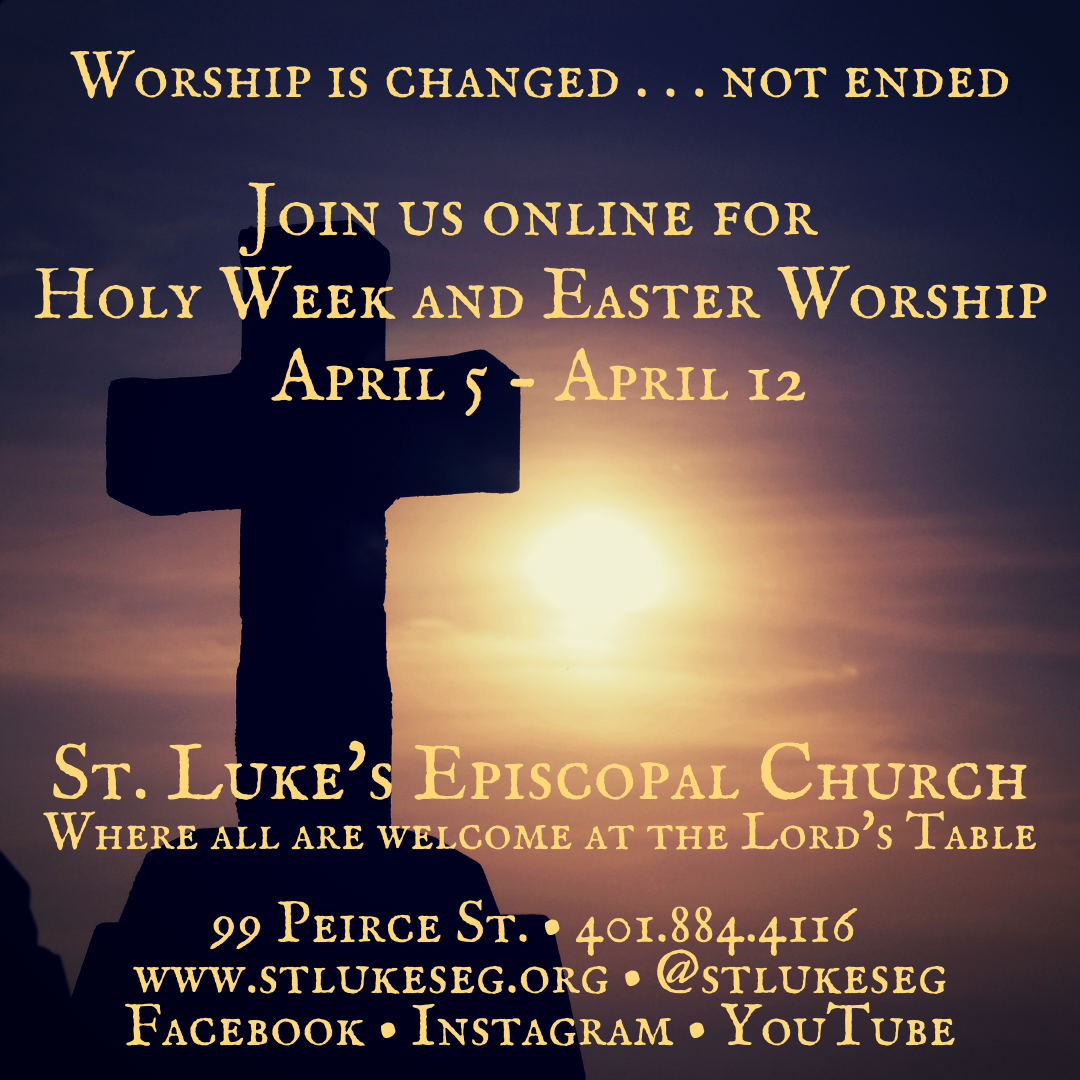Home > Lenten Blog 2023
May these words help us and guide us as we move through this wilderness season.
February 27, 2023

Leviticus 19:1–2,11–18 | Matthew 25:31–46 | Psalm 19:7–14
Today’s readings invite us to examine two expressions of the second Great Commandment, “[You] shall love your neighbor as yourself” (Lev. 19:18), and reflect on its connection to the first Great Commandment, “[L]ove the Lord your God….” (Deut. 6:4).
The Old Testament reading illustrates the second Great Commandment primarily by listing bad things one should NOT do to one’s neighbors. It says, essentially, Show your love for your neighbors by not doing specific unloving things to them. The passage suggests a connection of these injunctions to the first Great Commandment by including with them the command, “[You] shall fear your God…” (Lev. 19:14) and by describing false swearing (and by extension, the other prohibitions) as “profaning the Name of your God” (Lev. 19:12). God’s statement of authority, “I am the Lord,” occurs four times among these commands, further emphasizing the connection between loving God and loving one’s neighbors.
In contrast, the New Testament reading expresses the second Great Commandment in terms of doing acts of love, as opposed to not doing unloving things (Mat. 25:35f & 42f). It connects the first and second Great Commandments through the person of Jesus, when Jesus says that doing or not doing loving things to one’s neighbors is doing them or not doing them to Jesus.
Today’s psalm includes words of encouragement, warning, and petition. Verses 7 through 11 praise God by praising the law God has given us (understood by many to be the two Great Commandments). Verses 12 and 13 warn us against becoming too proud of ourselves and ask God to guard us against this sin. Verse 14 concludes with a petition appropriate to any time of reflection. May these words help us and guide us as we move through this wilderness season.
Steve Capps


